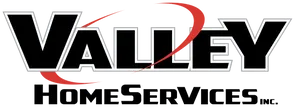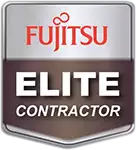Valley Home Services is located in Hermon and Brunswick, Maine. We’ve been a family-owned business since 1981. We are an Efficiency Maine Qualified Partner and Elite Fujitsu Dealer, installing heat pumps by Fujitsu, Daikin and Mitsubishi, and Generac generator systems. We are dedicated to creating the best value for our customers by providing the highest quality heat pump product, consultation, installation, and service after the sale.




